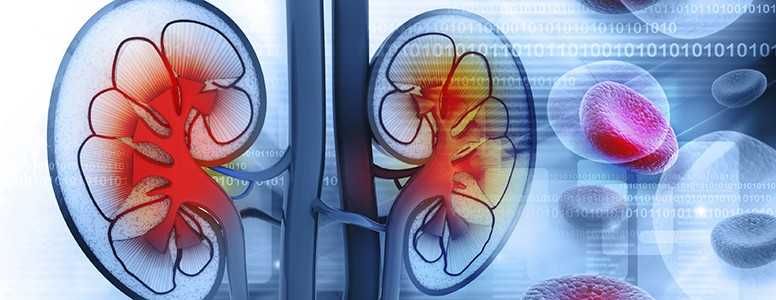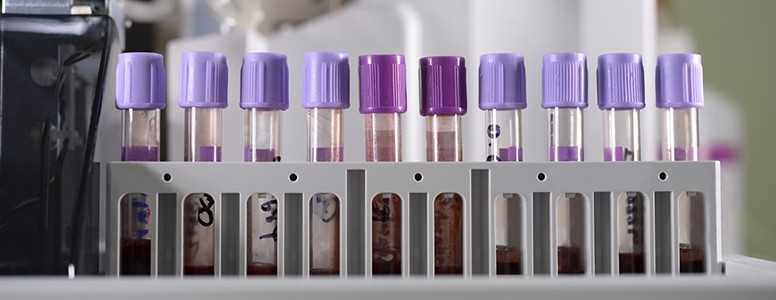Kidneys grown in labs have proven fully functional in pigs and rats, representing a significant step forward in the search for replacement kidneys in humans.
The study, conducted by researchers from the University of Tokyo, found that the replacement kidneys were perfectly able to pass urine. So far, researchers have found this problematic: earlier prototypes have ballooned under the pressure of passing urine.
It will be many years before lab-grown kidneys are brought to human trials, but the research is hugely promising. The researchers are optimistic that it will one day be possible to grow fully-functioning human kidneys in a lab from stem cells.
How do the animal kidneys work?
The researchers developed the kidneys using stem cells. They also built a drainage tube and bladder to collect and store urine. The embryonic tissue was grown in rats. When the researchers connected the kidney to the rat’s bladder, urine was able to pass from the kidney to bladder and finally to the rat bladder.
Eight weeks later, the system was still fully functional. Next, the researchers transplanted the kidneys into a pig, and the results were similarly successful.
“This is an interesting step forward. The science looks strong and they have good data in animals,” said Professor Chris Maso, expert in stem cells and regenerative medicine at University College London.
“But that’s not to say this will work in humans. We are still years off that. It’s very much mechanistic. It moves us closer to understanding how the plumbing might work.
“At least with kidneys, we can dialyse patients for a while so there would be time to grow kidneys if that becomes possible.”
The kidneys and diabetes
The findings represent exciting news for people with diabetes. The kidneys are one of the organs most heavily affected by diabetes. High blood glucose levels can damage the kidneys’ filtration system, causing them to filter too much blood and not enough glucose. The resultant damage is known as diabetic nephropathy.
Diabetic nephropathy is thought to affect around 40 per cent of people with diabetes at some point. In some cases, nephropathy can progress to kidney failure, thereby requiring transplantation.
What's new on the forum? ⭐️
Get our free newsletters
Stay up to date with the latest news, research and breakthroughs.







